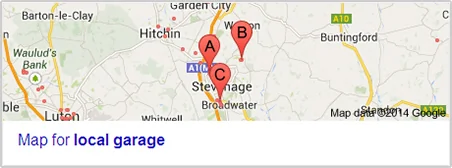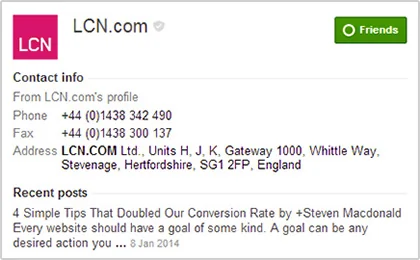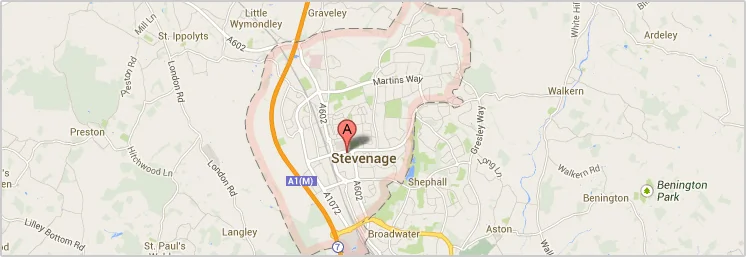What is local SEO?
Lesson 1 of 6 of our beginner's guide to local SEO
Local business means local SEO!
Whilst some online businesses cater to a nationwide or even global market, others rely on a physical location and aim to attract a regional audience.
Google and other search engines use various methods to provide searchers with results which are most relevant to them, and these results are based partly on location.

Since most people ultimately arrive at a website for the first time after carrying out a search, it’s important that you optimise your web content for search engines. This will allow your business to appear high in the search results of the people most likely to be interested in what you have to offer.
The process of optimising your website so that your business appears in the search engine results of your desired audience is known as search engine optimisation (SEO).
Google and other search engines work by sending out their web crawlers (also known as spiders or Googlebots) to scan new content, index it, and categorise it appropriately. For more details on how Google indexes content, check out our lesson on How Search Engines Work.

Although the process is actually much more complicated, it’s largely done by Google analysing key words and phrases in your website's written content (and coding), as well as taking consideration the type of websites that link to your own, in order to determine the subject.
This is why there is such a great focus on the importance of keywords, phrases and backlinks in SEO.
What factors influence local SEO?
The same factors that influence national or global SEO also affect local SEO. These include on-page optimisation (such as tactical keyword placement), backlinks, internal linking, and site mapping. However, there are important additional considerations for those seeking to market their website to a specific geographical area.
Firstly, you will need to create a local profile on Google. Other major search engines, like Bing, also provide similar features to help with local SEO.
Another important factor is citations. This is where your company's name, address and phone number appear on other websites in the same format they do on your own. This helps to boost your ranking by proving to search engines that you‘re a real and active business.
Finally, having plenty of genuine and quality reviews (even if some of them aren't perfect) is essential for increasing your website's rank in Google.

How does Google know your location?
The major search engines have long been improving the way they deliver relevant search results to their users. On the most basic level, Google will automatically detect which country you are in from your IP address. So if you’re in the UK, Google will provide you with search results from the UK.
However, search engines also use other methods to find a more exact location. This has become particularly common with the rapid rise of mobile browsing.
Today's phones have a range of location features, like GPS, that are used to determine a more exact location. Search engines and mobile search apps use this information to provide you with increasingly relevant results. For example, people looking to find shops, restaurants or other businesses with physical locations are most likely to be interested in results from their local area.

Mobile browsing in particular is very much location-orientated, since people use their phones all the time to find a business or amenity in their area. You’ll have probably noticed on your Android or iOS device that local businesses appear on your maps app.
If your business is a local one, then you're going to want it to appear in these listings. To make this happen, you'll need to pay attention to local SEO, as this is where it all starts.